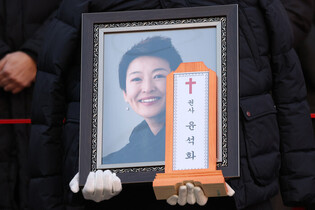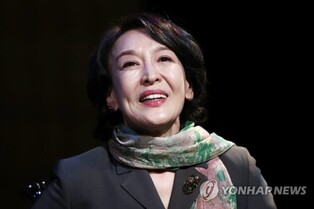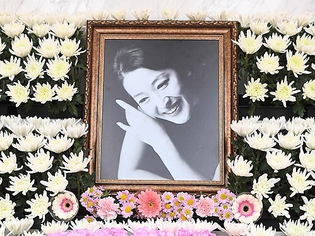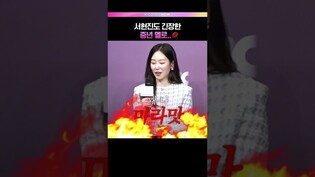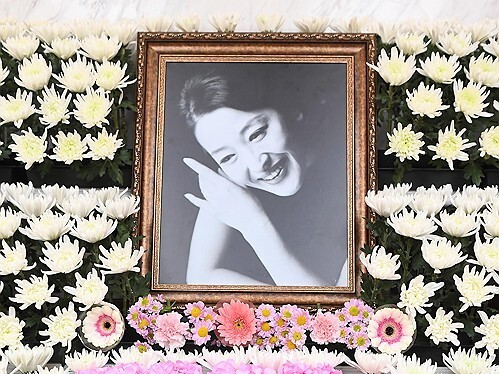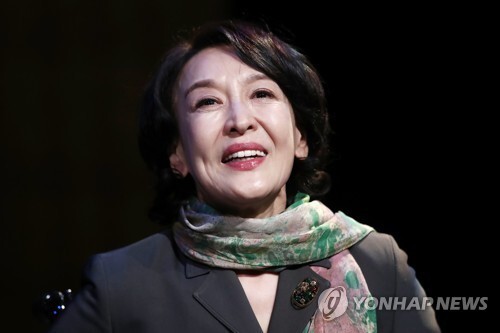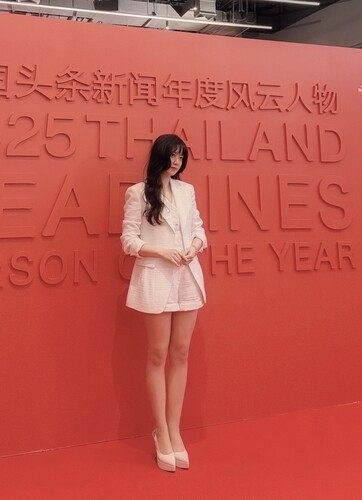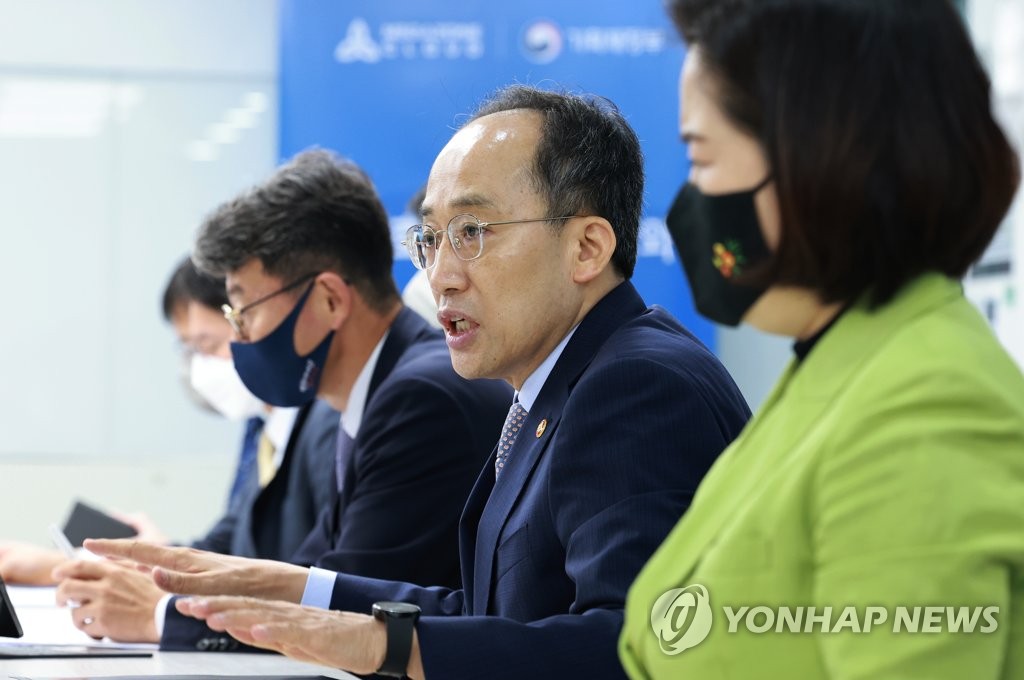 |
| ▲ Finance Minister Choo Kyung-ho speaks during a meeting with representatives of startups in Seoul on Oct. 6, 2022. (Yonhap) |
finance minister-stagflation
S. Korea not on verge of foreign reserve crisis, stagflation: finance minister
By Kang Yoon-seung
SEJONG, Oct. 6 (Yonhap) -- South Korea's finance minister said Thursday the country is not on the verge of a foreign reserve crisis or stagflation, although challenges may continue throughout the first half of 2023 amid external economic uncertainties.
"If I round up opinions from international organizations, credit appraisers, and various experts from home and abroad, chances for (a foreign reserve crisis) are very low," Finance Minister Choo Kyung-ho said during a meeting with reporters in the central city of Sejong.
The remark came hours after the Bank of Korea said the country's foreign reserves shrank at the fastest pace in about 14 years last month as authorities unloaded dollars to stall the local currency's excessive slide against the greenback.
The country's foreign reserves had stood at US$416.77 billion as of end-September, down $19.66 billion from the previous month, the central bank data showed -- the sharpest since a $27.42 billion decline posted in October 2008.
The won has also depreciated around 16 percent against the dollar so far this year.
"But if we look at the ratio, it is far below when compared with that period," Choo said, pointing out that the country's foreign reserve has risen significantly since 2008, when South Korea's foreign reserve came to $201.2 billion.
The minister added the decline in the foreign reserve came as authorities took necessary measures to cope with the market's volatility.
Choo also said South Korea is not likely to face stagflation, a mix of slumping growth and high inflation.
"I believe stagflation is an excessive term (to describe the current situation of the South Korean economy)," Choo said.
"But difficulties will continue through the first half of next year. Consumer prices will fall compared with this moment, but they will still be higher than average years. The economy will slightly slow."
On Wednesday, Statistics Korea announced that the country's consumer prices, a key gauge of inflation, rose 5.6 percent in September on-year, slowing from a 5.7 percent rise in August.
Choo said he still believes South Korea's inflation will peak around October, as suggested a few months ago, although the country can still be affected by unexpected or external factors, including the Russia-Ukraine war.
"Some prices, such as personal services, also do not fall easily. Even if consumer prices reach their peak, they will remain considerably high, and even if they fall, it will be really slow," the minister added.
(END)
(C) Yonhap News Agency. All Rights Reserved

















